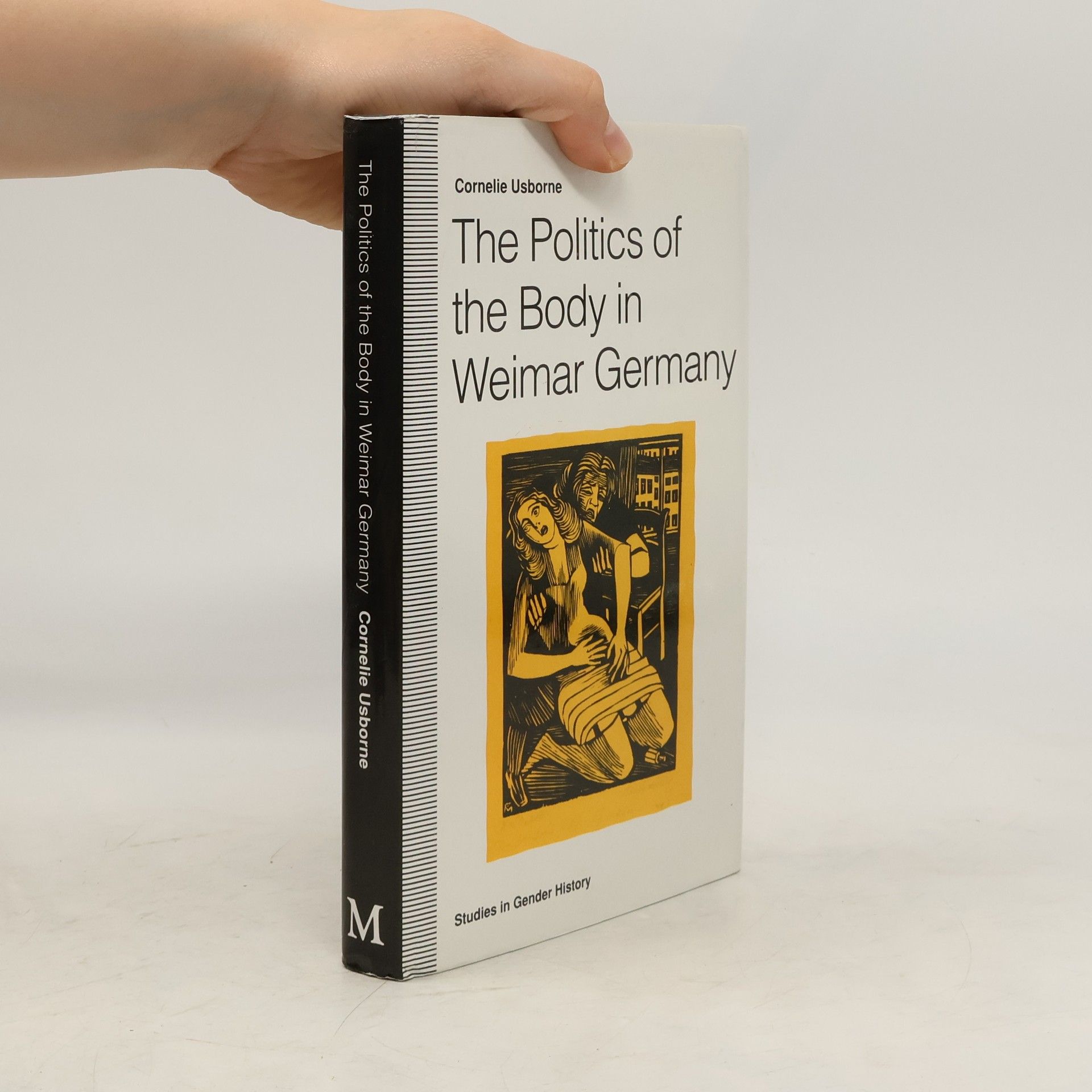This book analyses how the Weimar Republic put Germany in the forefront of social reform and women's emancipation with wide-ranging maternal welfare programmes and labour protection laws. Its enlightened policy of family planning and liberalised abortion laws offered women a new measure of control over their lives. But the new politics of the body also increased state intervention, the power of the medical profession and the tendency to sacrifice women's rights to national interests whenever the Volk seemed in danger of 'racial decline'.
Cornelie Usborne Book order (chronological)
